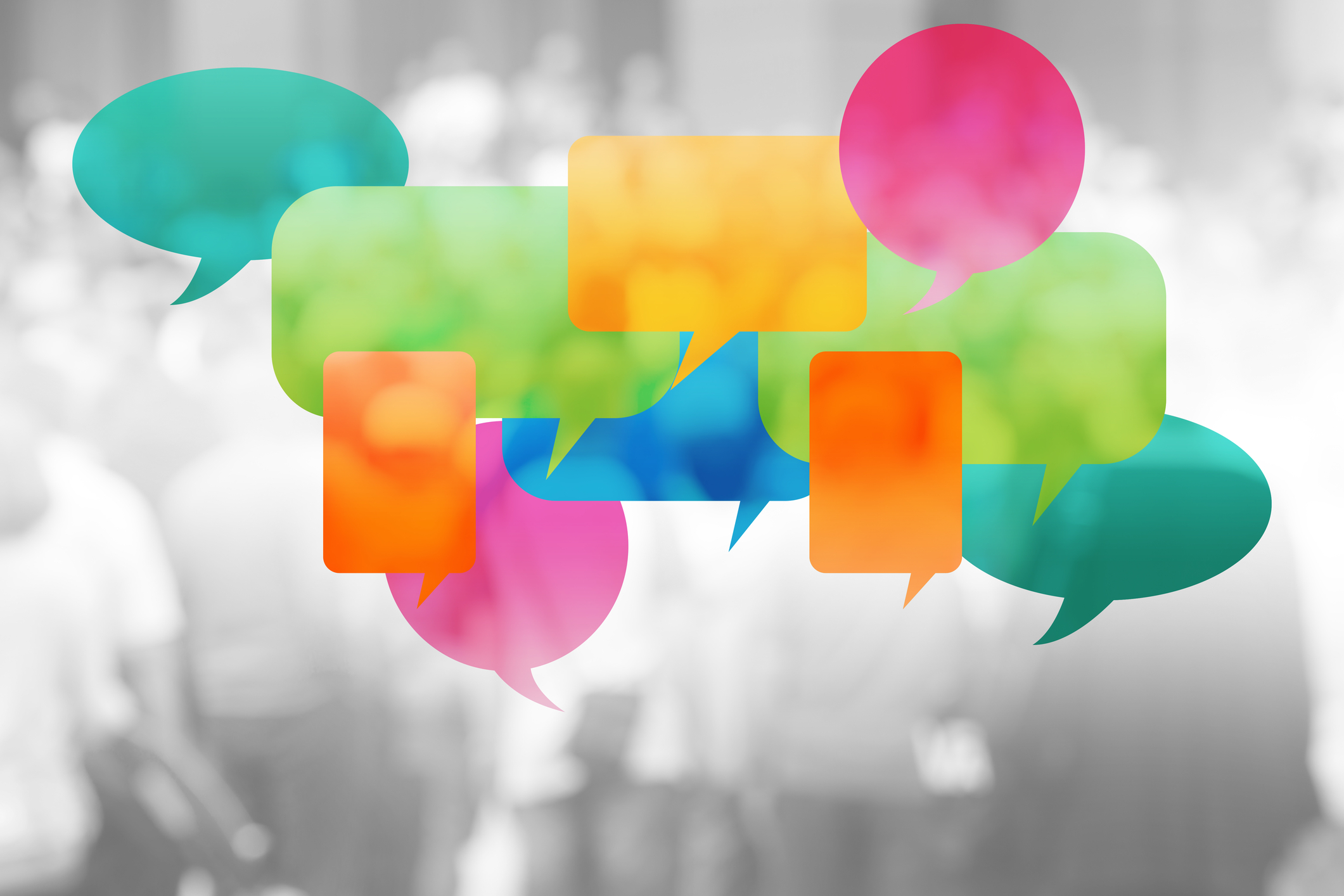This short animation examines how social and technological changes are likely to transform the way we communicate over the coming decades.
Will machine translation make learning a foreign language redundant? Will a mixture of brain-computer interfaces and artificial intelligence mean that we’ll soon be able to talk to each other via computer-enabled technology? And what will all this mean for issues such as privacy, surveillance and the future shape of society?
Whether you are monolingual or speak more than one language, test your linguist skills with our short quiz and see how many languages you correctly identify. This free course, A brief
history of communication: hieroglyphics to emojis, is an introduction to the history of writing, and the key role it plays in human communication. It tracks this history from the invention of writing around 5500 years ago to the mass popularity of
emojis today. How did English become the global force it is today? This free course, English in the world today, explores the status of the language and its worldwide diversity. It looks at how social and political factors influence people's attitudes towards it, and at the relationship between one's linguistic heritage and sense of identity. How has the English language changed over the course of the last 500 years? What are the social and political contexts that have affected how these changes have come about? This free course, Exploring the English language, will consider the development of the English language from the 15th to the 19th century.Explore more...
Could you be a super linguist?

A brief history of communication: hieroglyphics to emojis

English in the world today

Exploring the English language


Rate and Review
Rate this video
Review this video
Log into OpenLearn to leave reviews and join in the conversation.
Video reviews